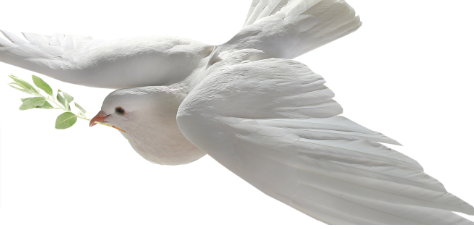CURRENT AFFAIRS UNIT, RADIO KWARA, ILORIN
PROGRAMME: NEWS COMMENTARY
DATE OF BROADCAST: 8/6/89 AT 1810 HOURS
WRITER: LANRE KAWU
This week, at a special session of the National Parliament, or Shengo, the Ethiopian President, Mengistu Haile-Mariam, unfurled a new banner of peace, for that embattled nation of the Horn of Africa. The essence of the new initiative was the agreement by Ethiopia, to enter into peace talks with Eritrean and Tigrayan movements, fighting the central government in Addis Ababa, unconditionally, and with the participation of international observers.
The acceptance by President Mengistu to meet under the auspices of international observers, was in itself a novel development, given that for several years of secret contacts between the two sides in the Eritrean conflict, there has been total reluctance on the Ethiopian, to accept international arbitration. The latest development came in the wake of the coup attempt of May. The rebellious generals had called for an end to the war in Eritrea, amongst other demands. When the coup attempt was crushed, observers of the Ethiopian scene were in agreement that President Mengistu Haile-Mariam had to take a bold initiative for a peaceful settlement in the Eritrean and Tigrayan arenas.
The war in Eritrea started in 1961, when the former Ethiopian monarch, Emperor Haile Selassie, with the tacit backing of the Western powers, annexed the former Italian colony, Eritrea. Strategically located on the Red Sea, Eritrea became Ethiopia’s access to the sea. When the Revolution toppled the monarchy in 1974, the new government stepped up the prosecution of the war in Eritrea, throwing into the fray, ill-prepared, and often reluctant, conscripts, who are not motivated to fight. On the other hand, the Eritrean volunteers fought stubbornly, and under the aegis of the EPLF, they now control huge swathes of the territory.
Today defence eats up about 50 percent of Ethiopia’s annual budget, while Ethiopia’s army is the largest in Africa. This situation is clearly not acceptable for a country that is one of the poorest in the world, with a recurrent tradition of droughts and famine. The war has also led to a lot of destruction of human and other resources in the country. Ethiopia now has a large population of invalids and war veterans who became restless along with other sections of the population, who are also fed up with the unending calls for sacrifice, in the interest of the wars in the north, as they say in Ethiopia.
By accepting to negotiate unconditionally with the Eritrean and Tigrayan movements, Ethiopia is moving in the right direction of settling one of the most complicated questions of Africa’s Democratic Revolution, the question of nations and nationalities. The Ethiopian Revolution has won the admiration of people in different parts of the world, for the ways it settled the agrarian, literacy and other issues, but has been criticised, in the areas of the nationalities question. If the war ends in the North, then there is a basis for the release of vast sums of money and other resources for the development of Africa’s oldest country. A most welcome development, indeed.


